Outsourced paraplanning has become an increasingly popular solution for financial advisors looking to streamline their workload, increase efficiency, and reduce costs. At the heart of this shift lies the role of technology.
At the FTRC Empowering Advice Through Technology conference, Alan Gurung, founder of Advisoryai, said, “Currently, on average it is taking around two hours to write a suitability letter from the fact find, at a cost of around £300 if outsourced. We believe that is a problem of the past.
“We can create a suitability report in under 10 minutes. Now, one paraplanner can do the work of 10.”
In this blog post, we’ll explore how technology transforms outsourced paraplanning services and enables financial advisors to better serve their clients.
The Evolution of Paraplanning
Paraplanning involves the administrative and analytical tasks that support financial advisors, such as preparing reports, conducting research, and creating financial plans.
Traditionally, these tasks were performed in-house by dedicated paraplanners.
However, as the demands on financial advisors have grown and technology has advanced, outsourcing has become an attractive option.
Why Outsource Paraplanning?
Outsourcing paraplanning allows financial advisors to focus on their core competencies: building client relationships and providing financial advice. By offloading administrative and technical tasks to external professionals, advisors can improve their productivity and concentrate on what they do best.
Moreover, outsourcing can lead to cost savings, as it eliminates the need to hire full-time paraplanners and provides scalability.
Technology's Impact on Outsourced Paraplanning
Technology plays a crucial role in facilitating outsourced paraplanning. Here are some key ways technology has influenced the industry:
1. Cloud-Based Collaboration
Cloud technology allows financial advisors and outsourced paraplanners to collaborate seamlessly, regardless of location.
Tools like Microsoft Teams, Slack, and Google Workspace enable real-time communication, document sharing, and project management. This connectivity ensures that advisors can communicate with paraplanners as easily as if they were in the same office.
2. Automation and Efficiency
Automation has streamlined many of the tasks associated with paraplanning.
Software applications designed for financial planning, like eMoney and MoneyGuidePro, can automate data entry, financial projections, and other routine tasks. This automation reduces errors, saves time, and improves accuracy.
3. Data Security and Compliance
Financial advisors are responsible for handling sensitive client information, making data security and compliance paramount. Technology has made it easier for outsourced paraplanners to maintain high levels of security.
Secure encryption, two-factor authentication, and compliance with industry regulations (such as GDPR and HIPAA) ensure that client data is protected.
4. Access to Specialised Expertise
Outsourced paraplanning services often employ teams with diverse expertise in financial planning, tax law, investment analysis, and more. Technology allows financial advisors to access this specialised knowledge without having to hire additional staff. Through virtual meetings and collaborative software, advisors can tap into a wealth of expertise whenever they need it.
5. Flexibility
Technology has made it easier for outsourced paraplanning services to scale according to demand.
Financial advisors can increase or decrease their use of outsourced services as needed, providing flexibility to adapt to changing business conditions. This scalability is especially valuable for smaller advisory firms that may not have the resources to hire full-time paraplanners.
Conclusion
In summary, technology has significantly transformed the landscape of outsourced paraplanning services. It has enabled seamless collaboration, increased automation, enhanced data security, and facilitated access to specialised expertise. This has allowed financial advisors to streamline their workflow, focus on client relationships, and scale their services with greater flexibility and cost-efficiency.
As the industry continues to evolve, embracing these technological advancements will be key to staying competitive and providing high-quality financial planning services.
What do you see as the most significant benefit of integrating technology into outsourced paraplanning for financial advisors?
Get in touch with us to learn how our technology-driven services can streamline your workflow and improve efficiency.
